Switzerland
As the world faces a shortage of cholera vaccines, the World Health Organization (WHO) has approved a new oral version of the inoculation.
It is hoped that the easier-to-make vaccine will help address a surge in cases of the bacterial disease that is usually spread through contaminated food or water.
The depletion of the global vaccine stockpile has left poorer countries, including several in Africa, scrambling to contain epidemics.
Left untreated, cholera can be fatal within hours, even in previously healthy people.
The new version, called Euvichol-S, is a simplified formula that uses fewer ingredients, is cheaper, and can be made more quickly than the old version.
Approval by the WHO means donor agencies like the vaccines alliance Gavi and UNICEF can now buy it for poorer countries, boosting supplies.
The director of UNICEF’s supply division, Leila Pakkala, said that the agency will be able to boost supplies by more than 25 per cent.
Gavi estimated there could be about 50 million doses for the global stockpile this year, compared with 38 million last year.
Dr Derrick Sim of Gavi called WHO’s authorisation “a lifeline for vulnerable communities around the world”.
Since January, 14 countries affected by cholera outbreaks have requested 79 million doses, with the highest numbers of cases reported in the Middle East and Africa.
The WHO said warming temperatures that allow the cholera bacteria to live longer, has worsened outbreaks and led to the highest death rates in a decade.




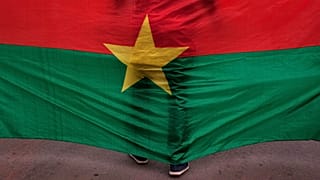
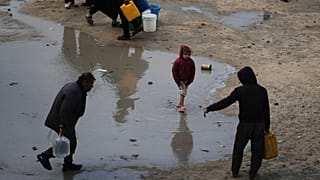
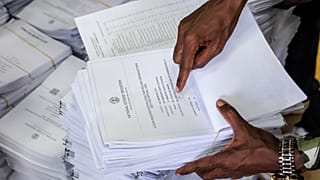
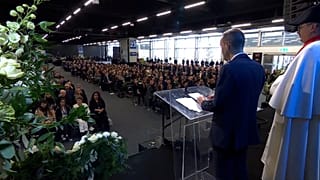
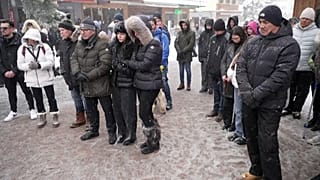

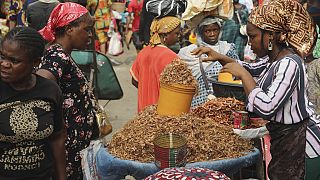
01:05
Uganda to receive $1.7 billion of US funding under new health deal
02:09
Toxic smoke chokes Conakry community as residents plead for government action
01:00
Tehran's severe pollution forces school closures and limits traffic
00:58
Ethiopia confirms three deaths in new Marburg virus outbreak
Go to video
WHO warns Africa facing diabetes time bomb if current trend continues
01:11
Africa faces worst cholera outbreak in 25 years, says Africa CDC